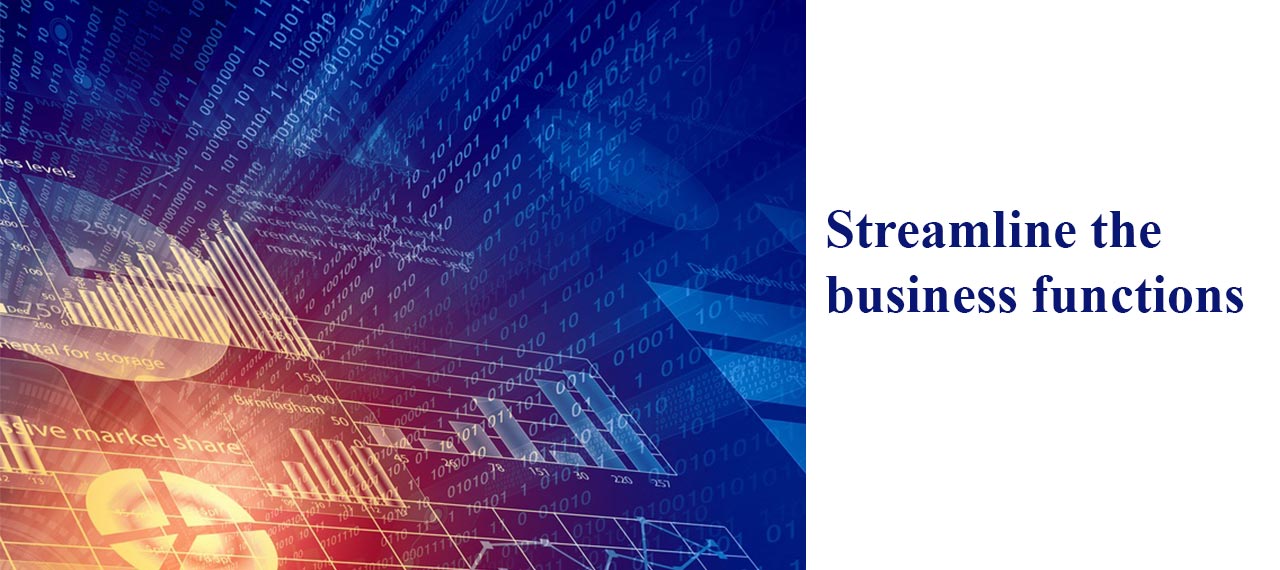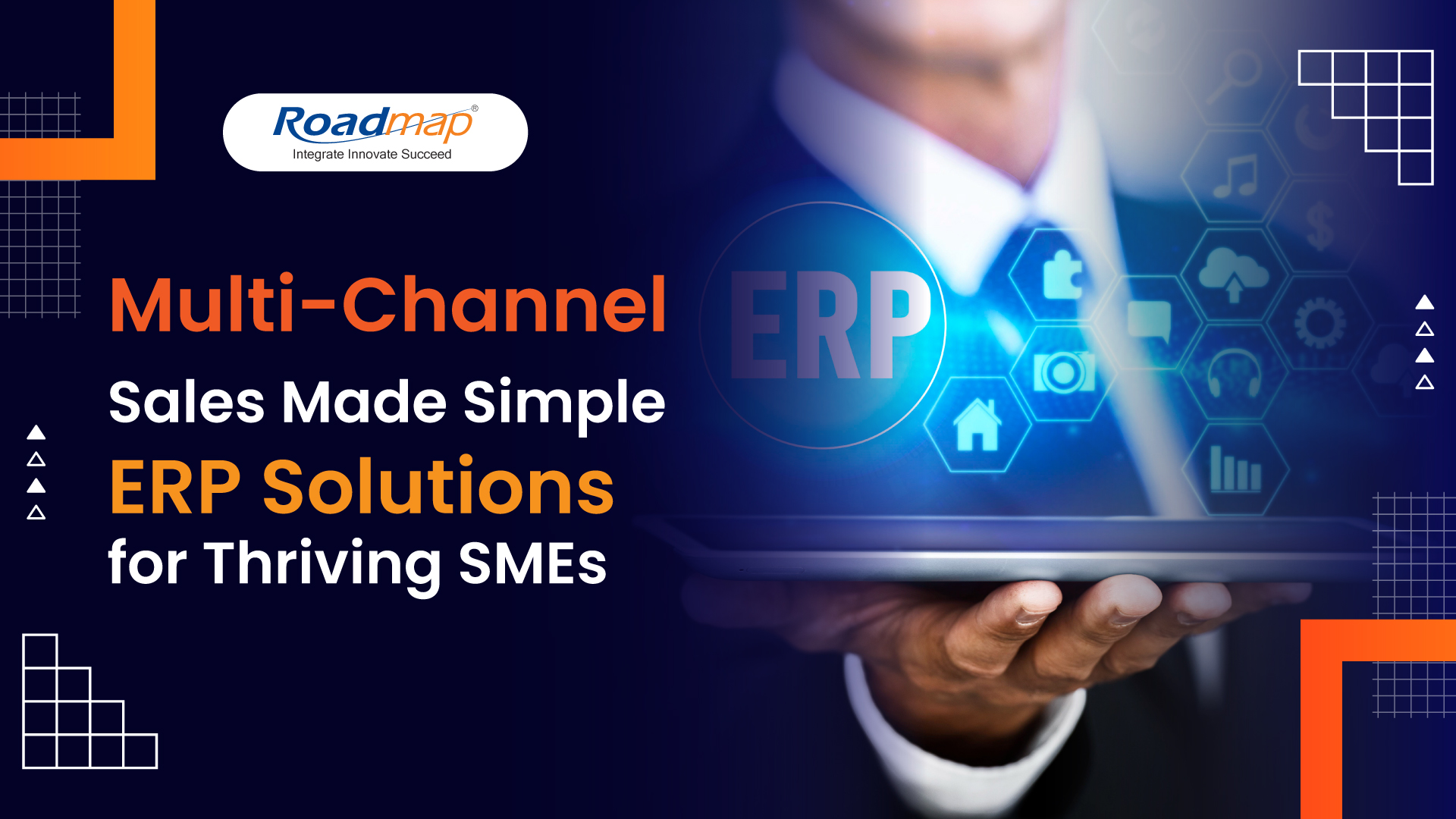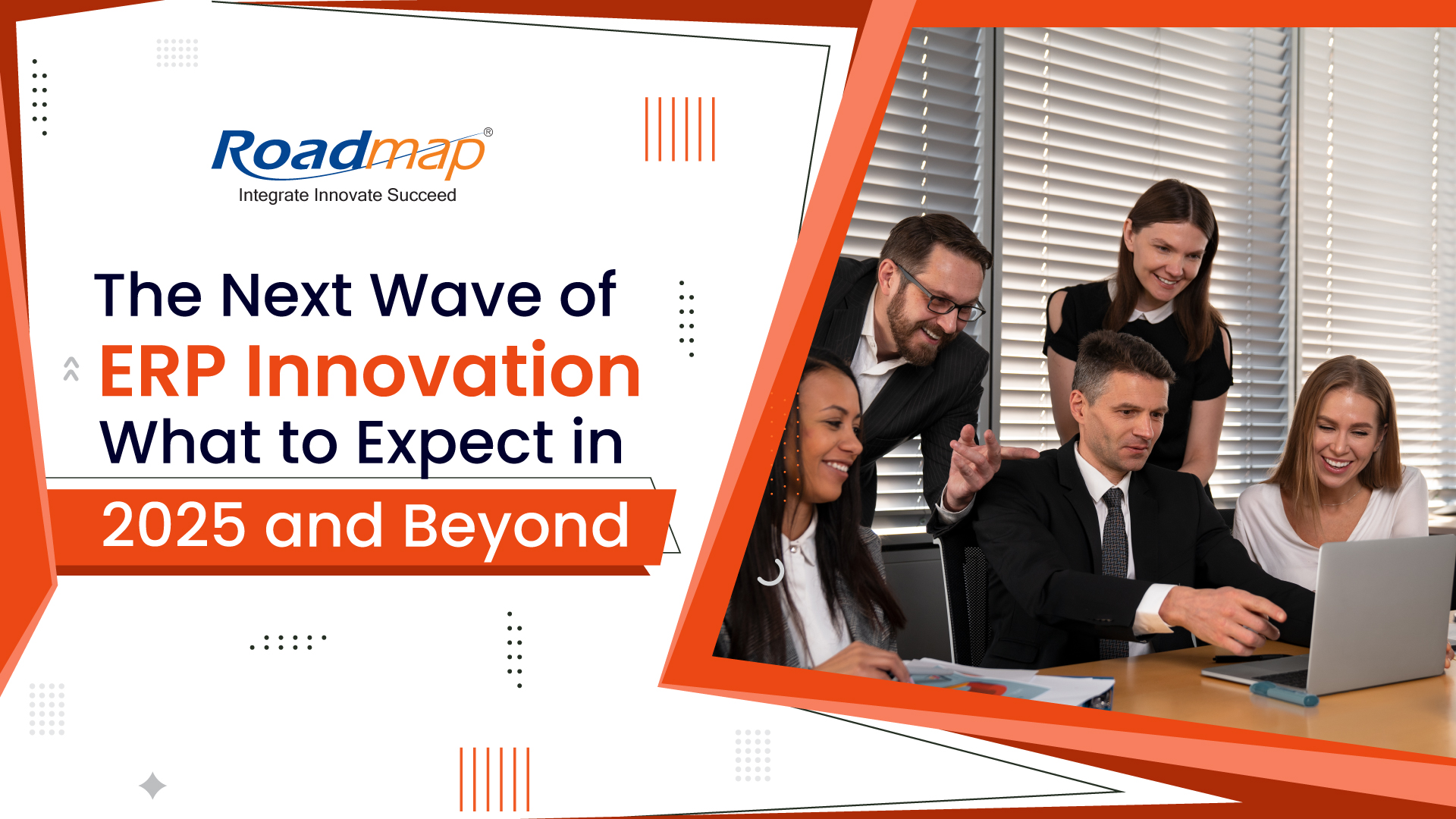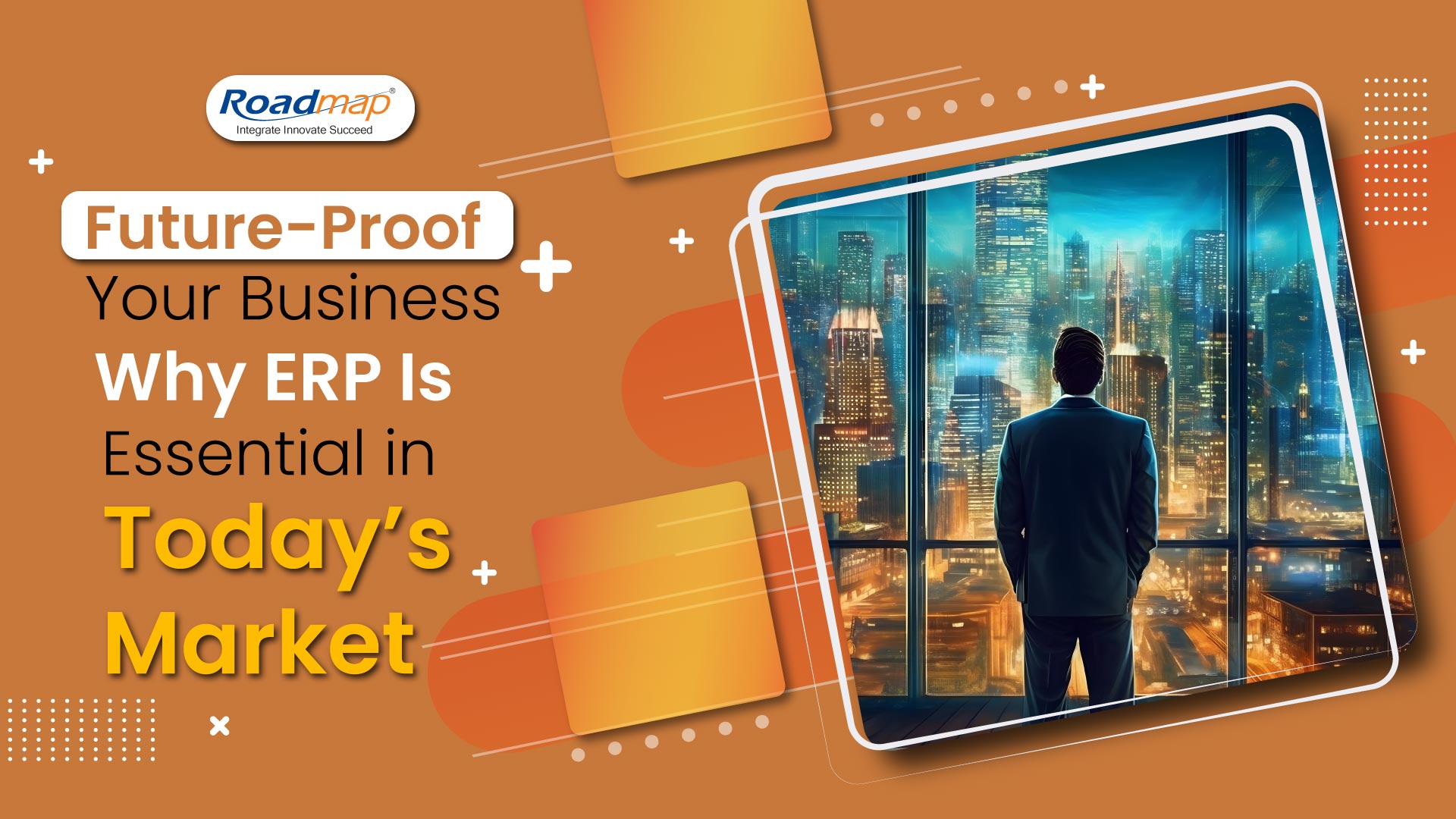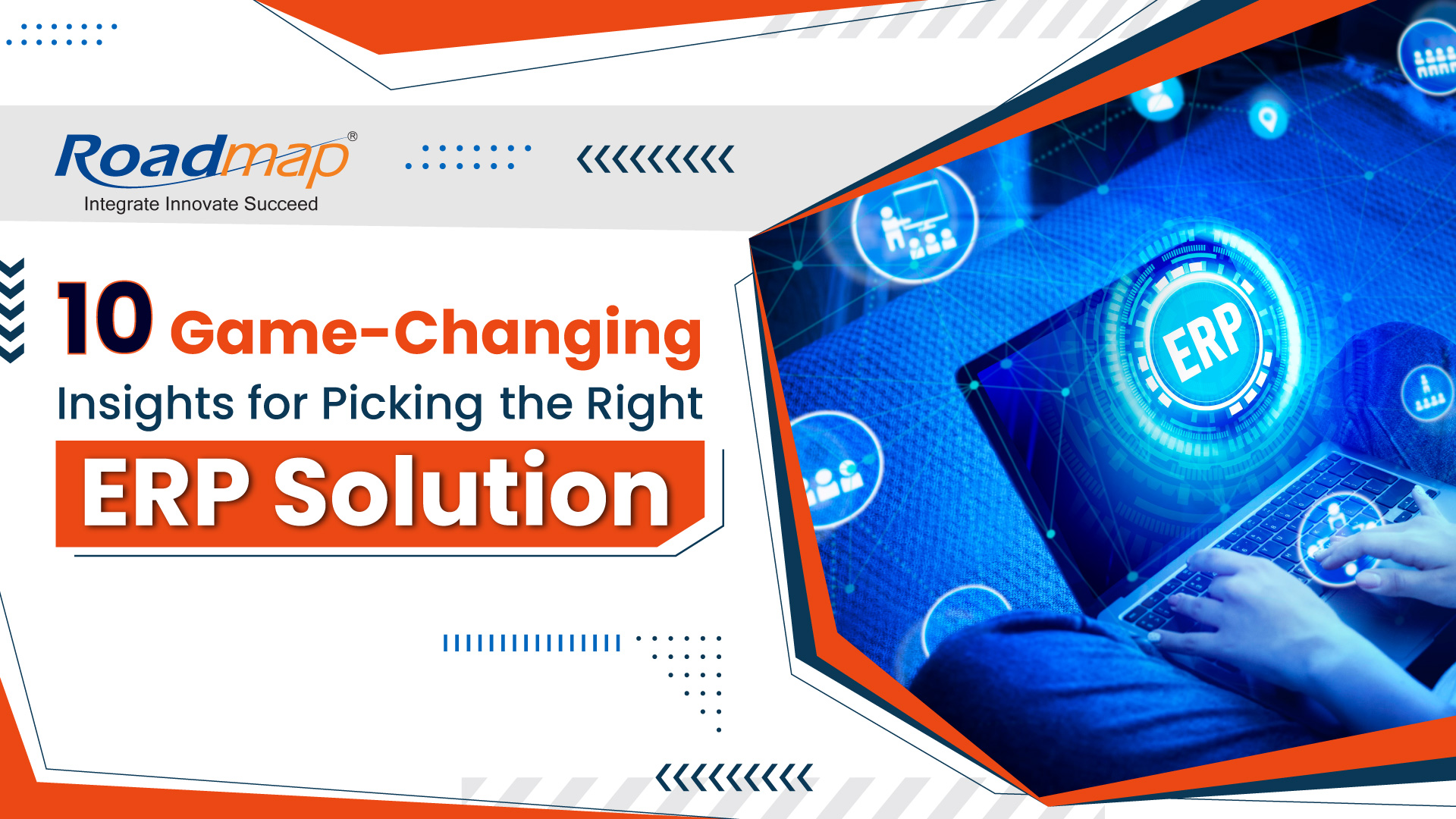
- Julius Rassou
- 06-Aug-2019 11:43:53
The Scope of ERP Software
The business functions of start-up companies, especially the SMEs and MSMEs, are initially processed and streamlined manually using basic digital systems. The day to day activity of these trading entities is managed directly by its owner(s) or under their direct supervision. As the business takes shape and expands in terms of clientele, revenue, expenditure, manpower, technology, production capacity, logistics, geographical presence, etc, it becomes difficult to contain the management of the business within the scope of simple digital solutions and manual supervision. This is where the need arises for an efficient ERP like Roadmap ERP.
ERP, Enterprise Resource Planning, is an integrated suite of modules that are comprehensively devised to digitally sequence and streamline the business functions that could be categorized under the following:
- Financial Management
- Supply Chain Management
- Planning & Manufacturing
- HR & Payroll Management
- Customer Relations Management
- Cost Management
- Budget Management
- Plant Maintenance
- Engineering
- Project Management
- Fleet Management
ERP also interlinks each department with the other so that necessary information could be accessed for making the right business decisions and for efficiently accomplishing all business functions. ERP rules out data misinterpretations and communication gaps by storing all business data in a common repository and by granting role-specific access to uniform data for all authorized personnel. Internet-powered remote access to business empowers business stakeholders to do business in real-time at any time and from anywhere, even while on the move. These faculties empower business decision-makers and managers to make data-driven, precise and profitable decisions.
ERP can be implemented On-Premise or On-Cloud. On-Premise ERP solution is installed within the company premises in the company's hardware and servers and then managed by the company's IT staff. The entire system is owned by the business and supported by the ERP vendor. In the On-Cloud ERP implementation scenario; all related hardware, software, and data repository are installed and operated from Cloud services. Businesses do not own the system in this case but use the ERP on a user-based subscription payable to the vendor. An organization can choose the type of implementation that best fits its interests based on business/industry type, unique workflow, geographical presence, financial capacity, etc.
By deploying a world-class digital system like Roadmap ERP, businesses can integrate disparate entities, eliminate wastage and redundant activities, maximize utilization of resources, optimize productivity, empower business stakeholders to make timely correct decisions, ensure absolute statutory compliance, always be in real-time touch with the business irrespective of time and space, and increase User Experience as well as Customer Experience.

